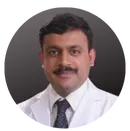Speaking For Patient Safety to Save Lives
Patient safety is essential to providing high quality health care.With the partnership and empowerment of patients, families, caregivers, healthcare workers it becomes important to educate, train and build their knowledge and capability, so to contribute and play a functional role in the whole care process and journey.
How can I contribute ?
Individual
You can take action individually, showing that patient safety is a priority and that you care about it.
Organisation
You can take action on behalf of your organization, showing that your organization is committed towards patient safety.
Advisory Board Members

Ms. Karen Alparce-Villanueva
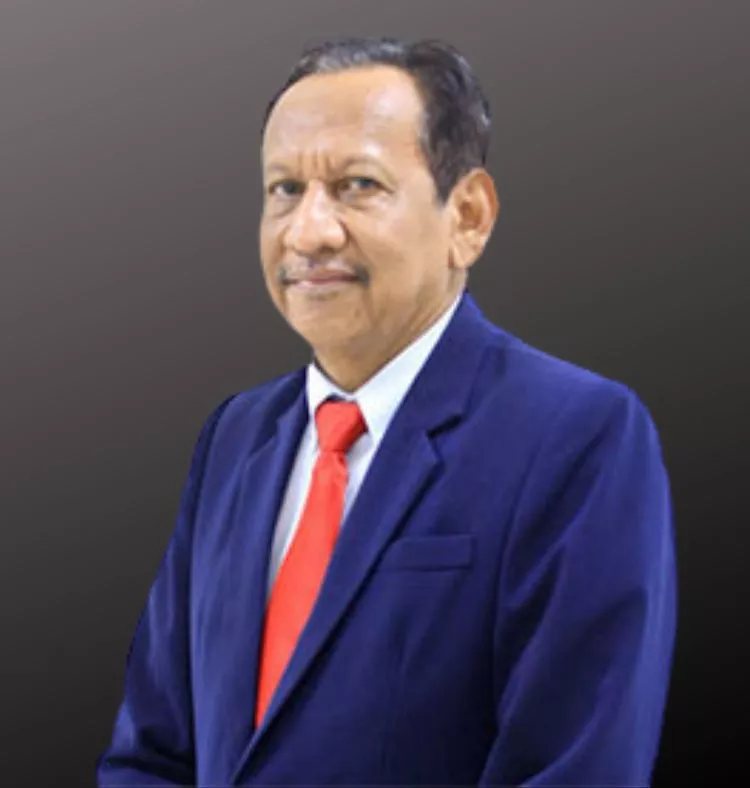
Mr. Amrahi Buang
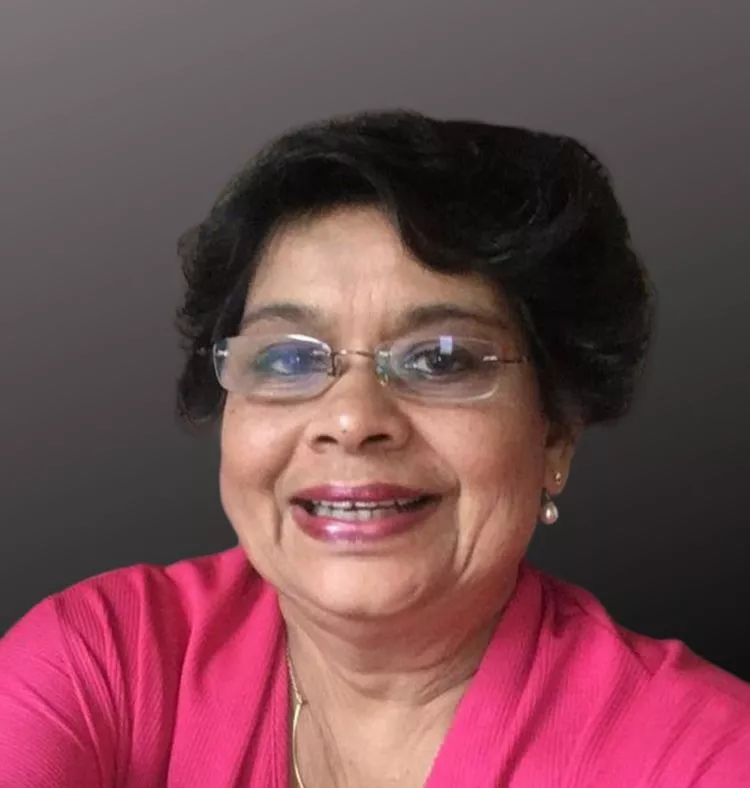
Ms. Dhanya Wijesuriya
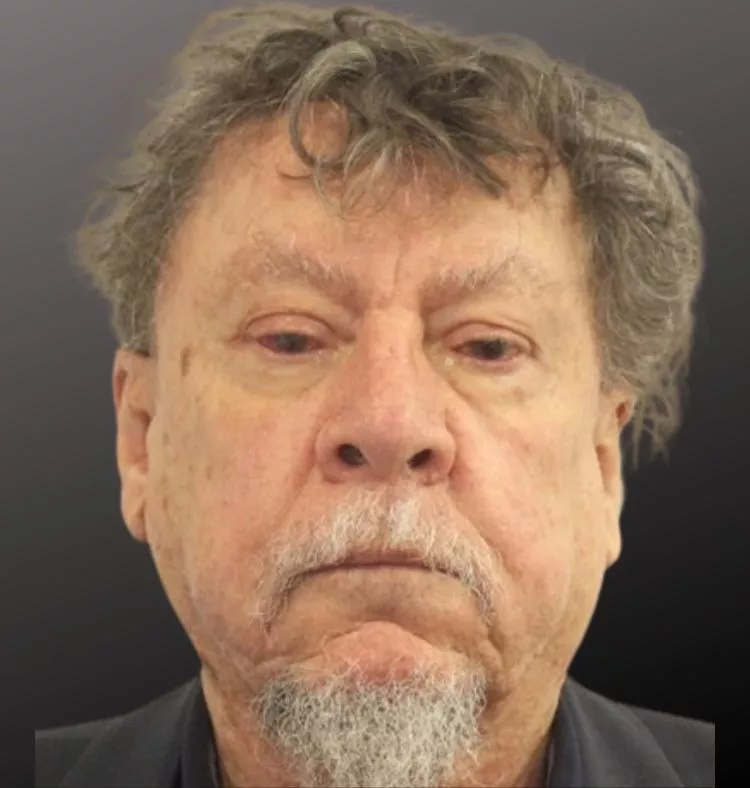
Mr. Russel McGowan

Ms. Ranjit Kaur Pritam Singh
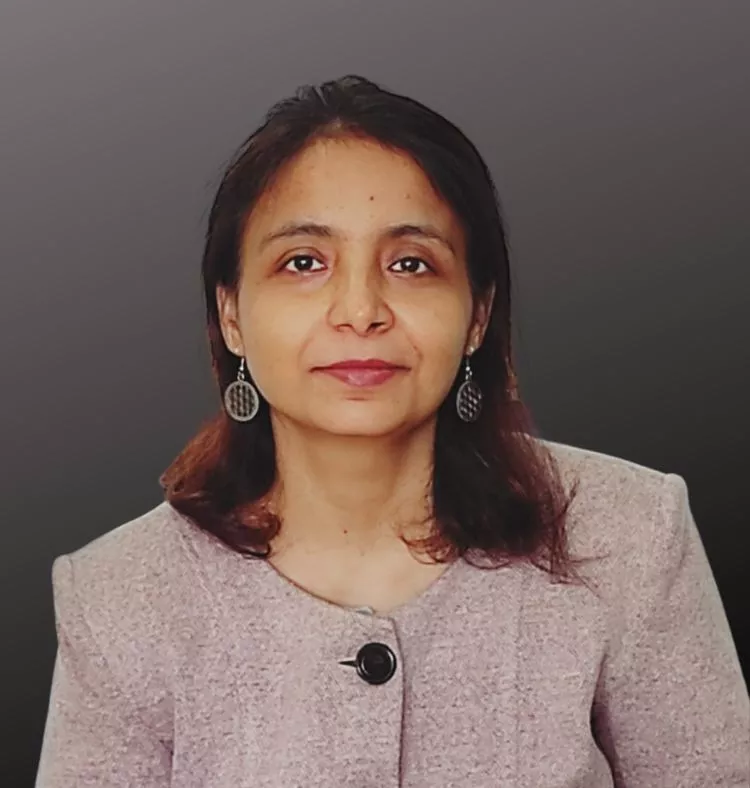
Ms. Arshia Bhandari

Ms. Orajitt Bumrungskulswat
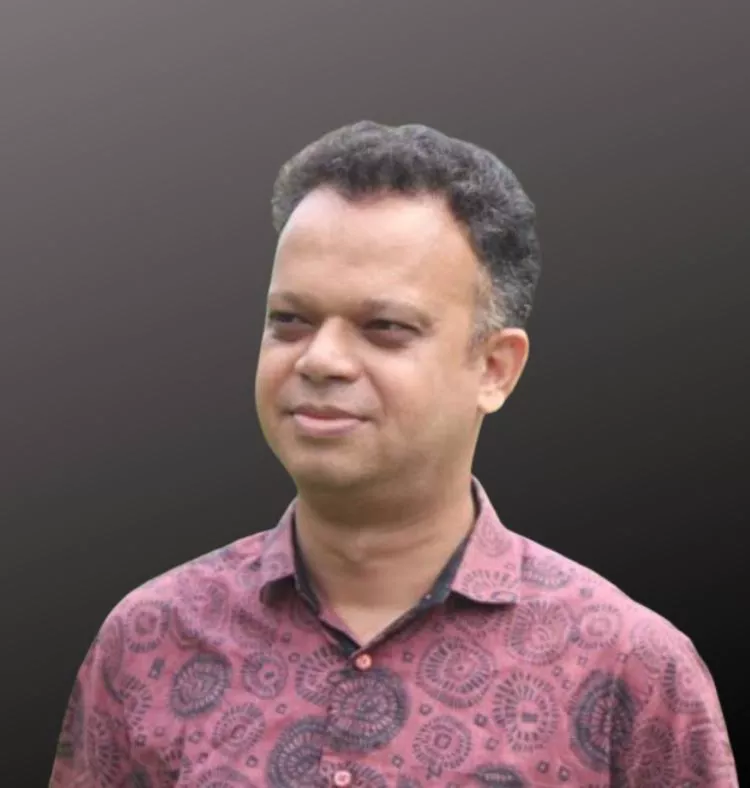
Mr. Syed Mahbubul Alam Tahin
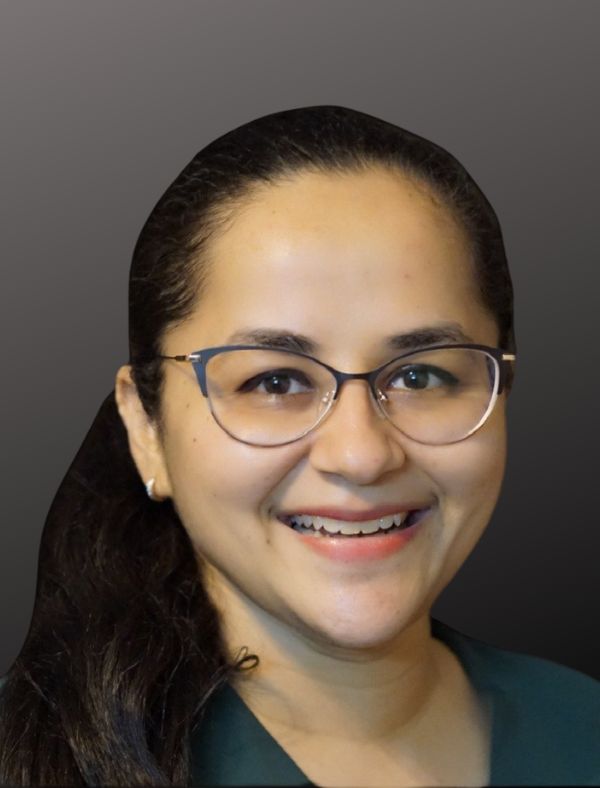
Ms. Mridula Bhargava
Secretariat
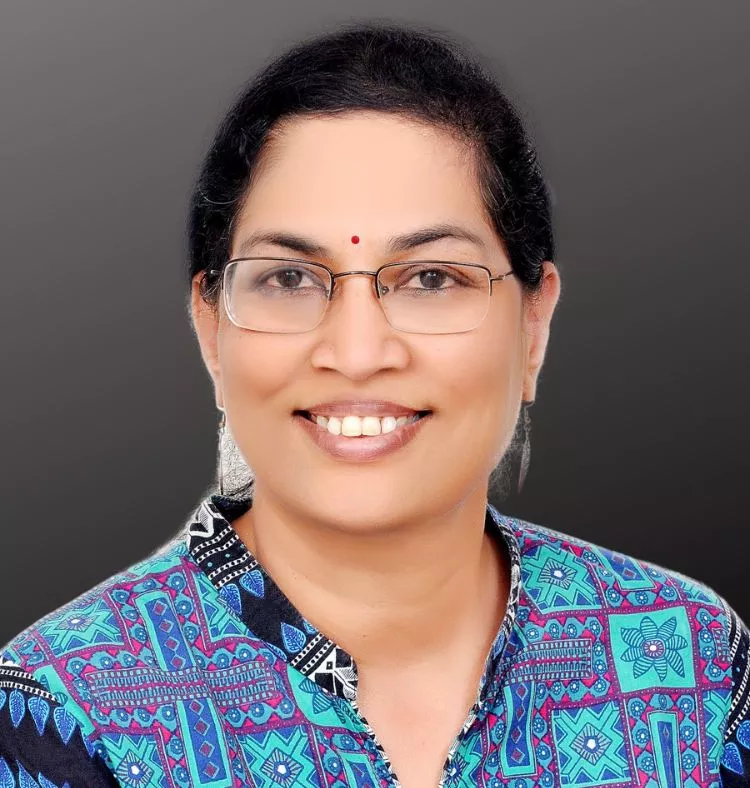
Dr. Ratna Devi
Patient Academy for Innovation and Research, India

Bikash Prasad
Patient Academy for Innovation and Research, India
Keshav Singh
Patient Academy for Innovation and Research, India

Deeksha Jaiswal
Patient Academy for Innovation and Research, India
Key Facts
Medication errors
Medication errors are a leading cause of injury and avoidable harm in health care systems: globally, the cost associated with medication errors has been estimated at US$ 42 billion annually.
Surgical Errors
Unsafe surgical care procedures cause complications in up to 25% of patients. Almost 7 million surgical patients suffer significant complications annually, 1 million of whom die during or immediately following surgery.
Hospital Acquired Infections
Health care-associated infections occur in 7 and 10 out of every 100 hospitalized patients in high-income countries and low- and middle-income countries respectively.
Unsafe Injection Practices
Unsafe injections practices in health care settings can transmit infections, including HIV and hepatitis B and C, and pose direct danger to patients and health care workers; they account for a burden of harm estimated at 9.2 million years of life lost to disability and death worldwide (known as Disability Adjusted Life Years (DALYs)).
Diagnostic Errors
Diagnostic errors occur in about 5% of adults in outpatient care settings, more than half of which have the potential to cause severe harm. Most people will suffer a diagnostic error in their lifetime.
Radiation Errors
Radiation errors involve overexposure to radiation and cases of wrong-patient and wrong-site identification. A review of 30 years of published data on safety in radiotherapy estimates that the overall incidence of errors is around 15 per 10 000 treatment courses.















